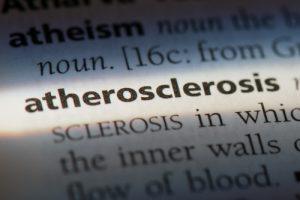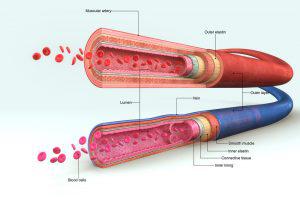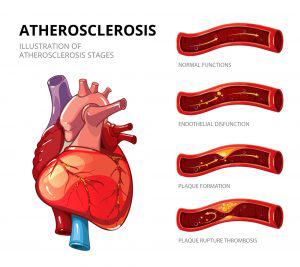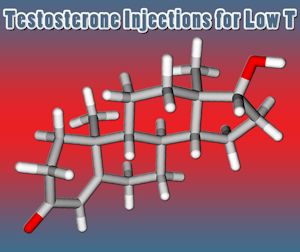Testosterone Linked to Condition Where Clogged Arteries Restrict Blood Flow
 There are many health problems in men who have low testosterone levels: the reduced desire for sex, fewer erections that happen spontaneously, such as during sleep, infertility, increased body fat, decreased strength and loss of muscle mass, weakened bones, loss of body hair, swelling/tenderness in the breast tissue, hot flashes, constant, chronic fatigue, higher cholesterol levels, sleep disturbances, and emotional changes.
There are many health problems in men who have low testosterone levels: the reduced desire for sex, fewer erections that happen spontaneously, such as during sleep, infertility, increased body fat, decreased strength and loss of muscle mass, weakened bones, loss of body hair, swelling/tenderness in the breast tissue, hot flashes, constant, chronic fatigue, higher cholesterol levels, sleep disturbances, and emotional changes.
Video Link: https://vimeo.com/291646762
Video Download: Click Here To Download Video
Video Stream: Click Here To Stream Video
And if these weren't enough, there's more. Keep reading.
Some males who have low testosterone and Type Two diabetes are at a higher risk of suffering atherosclerosis (a condition where plaque builds up in the arteries) than men who have diabetes and normal levels of testosterone, according to a new study published in the Endocrine Society's Journal of Clinical Endocrinolog y & Metabolism (JCEM).
y & Metabolism (JCEM).
Atherosclerosis occurs when fats, cholesterol, and other substances build up in and on the walls of the body's arteries.
This can restrict blood flow through the body's blood vessels. Eventually, the plaques may burst and cause blood clots.
Several studies have raised concerns about the safety of testosterone therapy and the risk of cardiovascular complications.
But the results of this study may have some saying, “not so fast.”
Perhaps low testosterone is a greater threat to men's health than testosterone replacement therapy.
The Endocrine Society recommends that testosterone treatment should be reserved for men with clinical symptoms of hy pogonadism and consistently low levels of testosterone.
pogonadism and consistently low levels of testosterone.
The Society also has called for large-scale, well-controlled trials to assess the long-term cardiovascular risks associated with testosterone therapy.
The cross-sectional study published in JCEM compared testosterone levels and critical atherosclerotic markers, including intimal thickening of the layers in the carotid artery, the presence of atherosclerotic plaques, function of the endothelial cells that line the heart and blood vessels, and inflammatory markers in 115 men with Type 2 diabetes.
The participants were younger than age 70 and had no history of cardiovascular disease.
Researchers measured the levels of testosterone in each member's blood. Among the participants, more than half of patients with diabetes were found to have low testosterone levels.
 The study uncovered a surprising result: men who had low testosterone and Type 2 diabetes were six times more likely to have increased thickness of the carotid artery and endothelium dysfunction compared to men with normal serum testosterone levels.
The study uncovered a surprising result: men who had low testosterone and Type 2 diabetes were six times more likely to have increased thickness of the carotid artery and endothelium dysfunction compared to men with normal serum testosterone levels.
A total of 54 percent of the men with low testosterone and 10 percent of men with normal testosterone were found to be at higher risk for vascular disease.
Contact Us Today For A Free Consultation

- Common Chemicals Found in Plastic May Lower Testosterone Levels [Last Updated On: January 18th, 2024] [Originally Added On: September 29th, 2020]
- There is No “Testosterone Controversy” [Last Updated On: June 30th, 2024] [Originally Added On: September 30th, 2020]
- Is Your Leadership Ability Determined by Your Testosterone and Cortisol Levels? [Last Updated On: January 31st, 2024] [Originally Added On: October 1st, 2020]
- Recent Study Confirms: Testosterone DOES NOT Increase Heart Attack Risk! [Last Updated On: February 10th, 2024] [Originally Added On: October 5th, 2020]
- What You Need to Know About Testosterone Esters [Last Updated On: March 20th, 2024] [Originally Added On: October 7th, 2020]
- Research Makes a Case for Testosterone Replacement Therapy (TRT) [Last Updated On: December 21st, 2023] [Originally Added On: October 8th, 2020]
- Testosterone: How Much Do You Really Know About This Potent Hormone? [Last Updated On: July 16th, 2024] [Originally Added On: October 9th, 2020]
- Possible Health Benefits of Testosterone HRT (TRT) [Last Updated On: December 25th, 2023] [Originally Added On: November 20th, 2020]
- Testosterone Facts to Consider When Deciding on Testosterone Replacement Therapy [Last Updated On: April 6th, 2024] [Originally Added On: November 21st, 2020]
- Things You Might Not Have Known About Testosterone [Last Updated On: January 26th, 2024] [Originally Added On: November 23rd, 2020]
- Testosterone Propionate [Last Updated On: February 14th, 2022] [Originally Added On: January 17th, 2022]
Word Count: 421





















